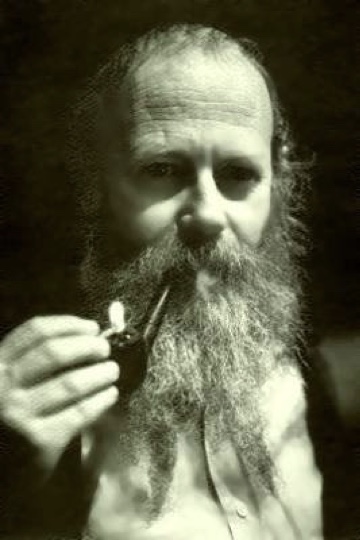Modern society is founded on the humanistic approach, one of whose basic tenet is God’s eviction from His throne and man’s placement in His stead.
Man is one of the gods of the world of the present – his happiness, his freedom, his satisfaction, and the fulfillment of his desires determine the ideals, laws, and patterns of life.
Naive and canting beliefs are found to a great extent in the cult that glorifies man’s free will.
An example of this is the belief that everyone can be satisfied at one and the same time and that the free will of every individual, unrestricted by the law, can coexist with tens of thousands, even billions, of other free wills.
A similar naive belief is that man can live in peace with himself, that all his passions, desires, and aspirations can be reconciled with one another.
When man himself is the measure and gauge of everything, judgment has no real meaning, for there is no objective external standard.
What is worse, when man ascends to the seat of authority, he faces the test of being an all-powerful god who establishes what is good and what is evil in accordance with his own will.
This god who is called “man” not only has feet of clay, points of weakness here and there; he is entirely caught up in a fundamental contradiction between ordered, defined creation (the “Universe of Rectification” in kabbalistic terminology) and the influence of the depths of the soul (the “Universe of Chaos”), whose desire is death, ruin, and self-destruction.
This god not only does not fulfill all of the good, upright, and positive expectations, but he brings about the exact opposite: chaos, confusion, and ruin.
Hence, man does not wish to remain seated on this high throne, which is not made according to his size.
–Rabbi Adin Steinsaltz

